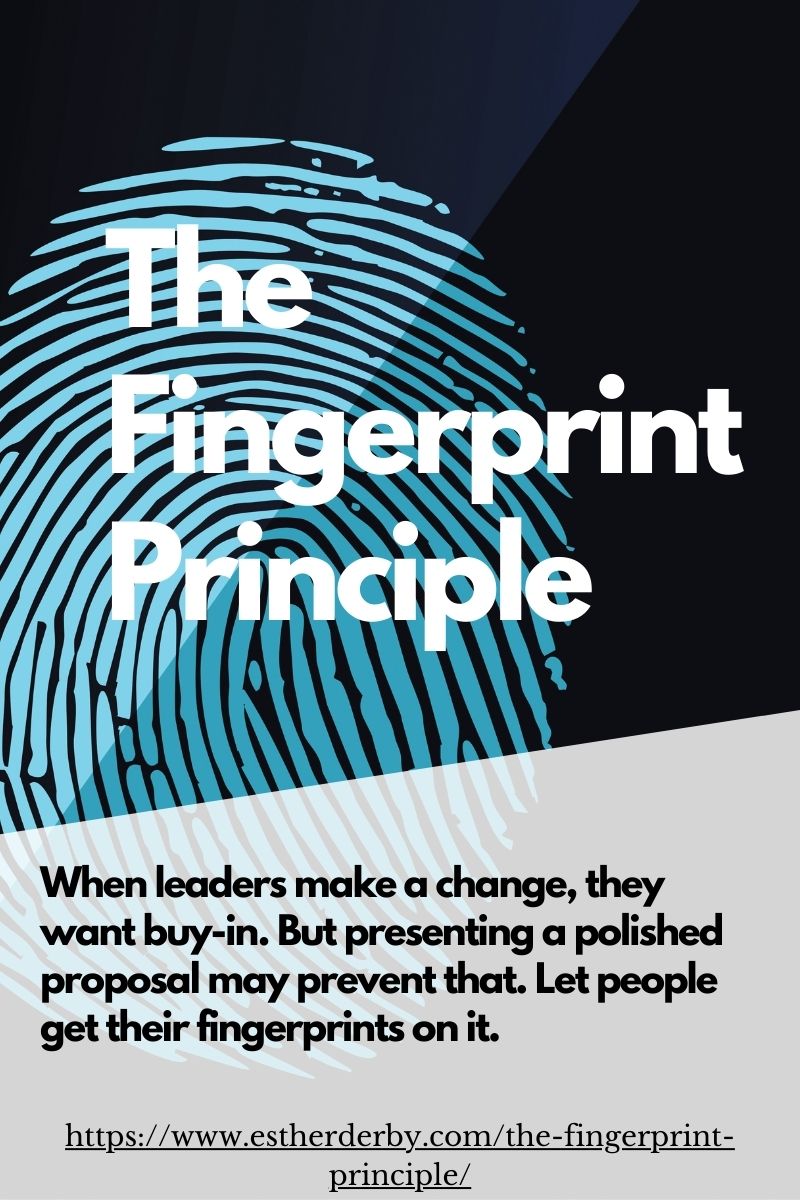Many managers ask me, “How can I motivate my team?”
I’ve certainly seen many efforts to motivate teams. Contests, prizes, pep talks, badges, points, canned thank you notes, and recognition events. Most of this comes down to using rewards to motivate people to continue certain behavior.
Some of these work for some people, some of the time. But most of them backfire, for most people, most of the time.
Consider these attempts at motivating:
A team lead receives a substantial sum of money when the team meets a critical deadline. Despite pleas from the team lead, management will not divide the money equally between all team members.
A developer worked late into the evening to fix a critical bug. His manager, wanting to motivate others to show similar dedication, gave the developer a ticket to the opening night of a big movie. One ticket—another night away from his wife and kids.
A programmer discovered and fixed an error that was costing the company millions. He worked with an account rep to provide data that allowed the company to recover a substantial portion of the money from erroneous invoices. The VP of the division gave the programmer a gift certificate for $100 at a local restaurant.
A manager singled out one person from a team for public recognition, and didn’t mention the contributions of any other team members.
A VP called a special meeting. When all the developers were assembled. He opened his brief case, which was full of cash. Every programmer received $300 cash money. When they got paid the next Friday, they found that the award was taxed, and taxed at a higher rate then their normal salary. Actual pay was $100 less than than they usually received.
Each of these attempts at motivation backfired. Many people (but clearly not all) know that rewards and other extrinsic motivators aren’t effective; in fact, they often diminish intrinsic motivation. And making one person the winner makes other people losers.
So why-oh-why do managers do such things? Do the managers who came up with these ideas (and others like them) ever put themselves in the place of the person they were rewarding, and asked themselves how they would feel if someone treated them that way?
I suspect not. But then, why wouldn’t they do so?
Some managers still assume that “workers” won’t work without carrots (or sticks). It doesn’t occur to them that carrots might not be the preferred diet.
Some managers don’t understand what motivates people doing technical work. Just look at the surveys that report what managers believe are the key motivators for developers, and what developers report motivates them. Major mismatch.
Some managers see themselves as different from “workers.” For example, they often believe that money is the primary motivator for “workers,” but they don’t ascribe such crass motive to themselves. Just like they don’t need carrots and sticks, but “workers” do.
Some managers can’t imagine that “workers” wouldn’t welcome some sign of management favor and approval. This is about power and status, pure and simple.
The zeroth step in boosting motivation is to stop doing things that demotivate people.









I have both given and recieved ‘rewards’, and yes, it feels pretty lame on both sides. Sometimes however I really really want to say thank you, in some way.
In those cases I hope I already know the person well enough to be able to give them a sincere thank you. Otherwise I try to get to know them more, so I can thank them the next time, as a step to sort of tighten the feedback loop on an interpersonal level.
Furthermore I believe that extrinsic motivators are more or less useless especially for knowledge workers and I seriously doubt that any extrinsic motivator in the form of a ‘thing’ has any long standing effect at all.
Thank you for bringin this up. I constantly have to remind myself about this. It’s somewhat like bying flowers for your spouse or gifts to your kids because you’ve been neglecting them, which is really never a good idea. It’s just an ‘easy’ way out.
To me extrinsic motivators are just a form surrogate for real feelings and real motivation.
Cheers,
Ola
I completely agree. Managers should focus on eliminating de-motivation http://management.curiouscatblog.net/2010/08/08/build-an-environment-where-intrinsic-motivation-flourishes/
Hi Esther,
Thanks for your article. So, how should managers motivate their teams? It’s obvious from your post that money is not a good motivator. Just say Thank you to the teams?
Recently I made a survey among the team members to know how they like their job and working in our company. And many of them said that motivation is low because there are now awards/bonuses in our company for successful releases, meeting critical deadlines, etc. Their salaries are fixed and they are quite high, but anyway people say their motivation suffers. We are using Agile and our teams are self-organizing.
I’ll be happy to hear your opinion on this matter: motivation and money rewards.
Thanks.
I’m new to the world of Agile, but the items below might give you some ideas for rewards.
There is an popular video by Daniel Pink, http://www.youtube.com/watch?v=u6XAPnuFjJc (almost 4 million views), that talks about the negative affect on increasing monetary reward for cognitive work (knowledge work).
Rewards, therefore, must be other than monetary.
The oft cited aspects of happiness are:
1) Perceived control
2) Perceived growth
3) A sense of community
4) Working for the greater good
Ask the team, what would make them happier?
More privacy.
Be able to control the work environment, like rearranging the cubes, everyone is out on the window, the conference rooms are in the middle.
Have a ‘work on anything you want’ day at the end of a release.
Allow work on community projects.
Provide conference vouchers.
Look at the four aspects of happiness and see which categories the reward fits into.
Henrik Kniberg’s Happier Crisp Index, http://blog.crisp.se/henrikkniberg/2010/05/08/1273272420000.html, is a very interesting read on happiness of IT workers at his firm Crisp.
It appears that rewarding an individual on an agile team or an agile team itself is not a simple problem. Here’s an article that discusses this issue and has references to other articles, forums and blogs discussing the agile team reward issue. The blog by Tom Reynolds that is referenced has much to say on the topic.
http://www.infoq.com/news/2010/12/agile-limits-financial-rewards
I once interviewed for a job that as part of its benefits package listed a 10% bonus annually. Sounds good right? Until I asked what criteria was used to determine whether someone was awarded the bonus or not. They couldn’t give me any. What’s worse I was supposedly the first employ of that type that company would ever have had. I’m not opposed to bonuses in general, but this company was trying to use this possible money deferred throughout the year as a chip to get me to sign on the dotted line. All I saw was 10% less pay I might never see regardless of how hard I actually worked.